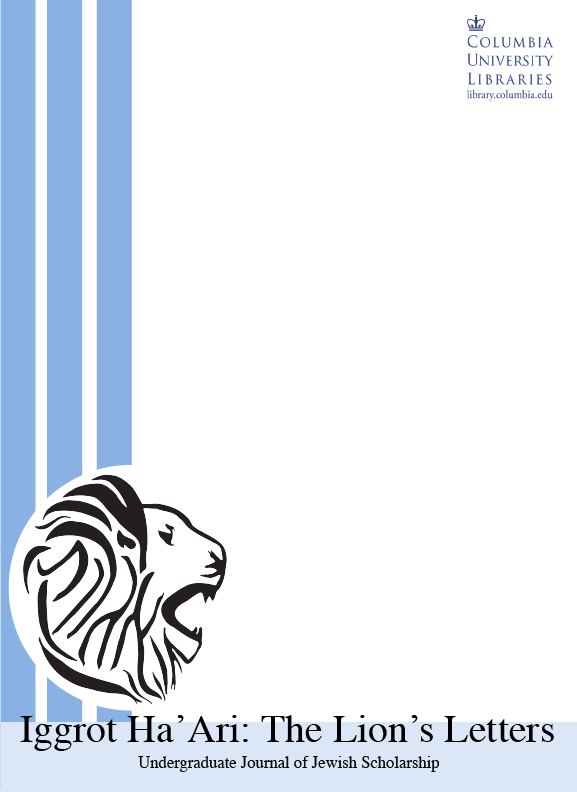摘要
Two of the dominant Jewish writers of modern Jewish literature, I.L. Peretz and Franz Kafka, embody entirely distinct attitudes towards the faith and reason and the relationship between the two schools of thought. Peretz attempts to reconcile the two dissimilar credoes, establishing a structure within which both faith and reason could coexist in harmony. Kafka, meanwhile, endorses reason and modernity, wary of a faith-based existence, a fear rooted in his childhood and upbringing. Yet Kafka’s position is more nuanced than simply an open hostility towards tradition. Portions of his work betray his perhaps unconscious regard for Judaism as a haven of safe refuge. Ultimately, however, the dialectic essentially runs between Peretz’s conciliatory stance and Kafka’s reliance on and preference for practical reasoning.
##submission.copyrightStatement##

